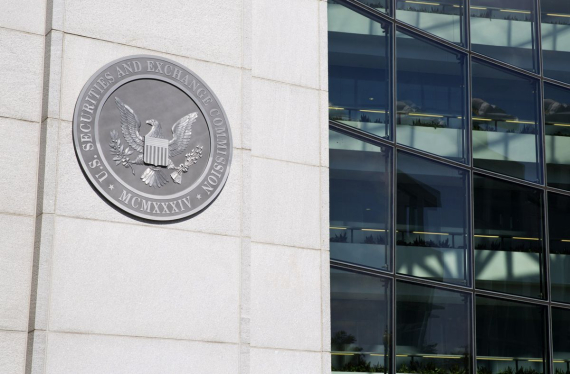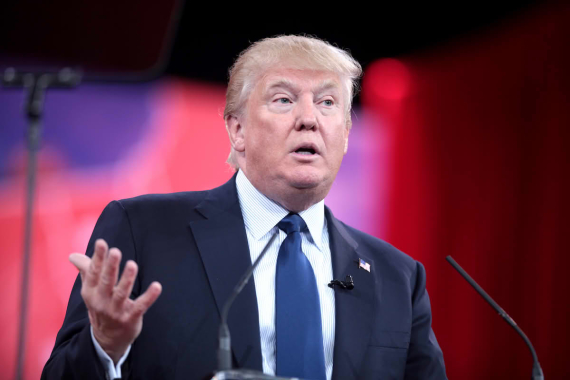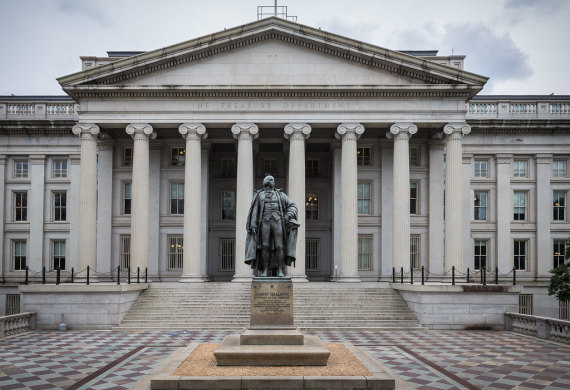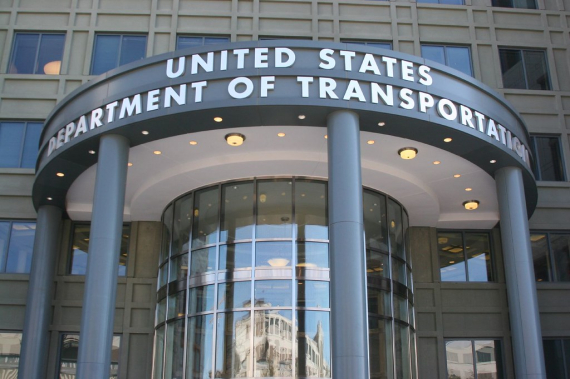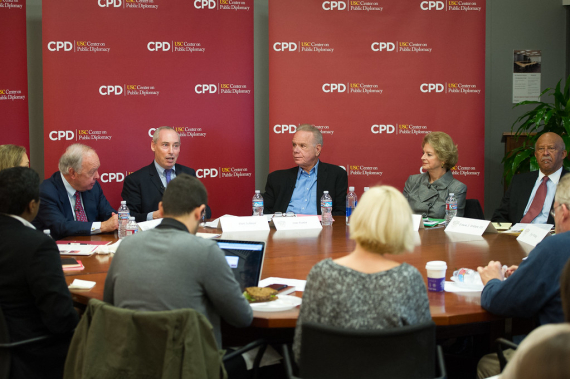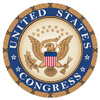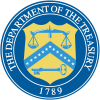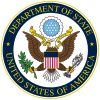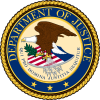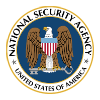Anti-Corruption Day
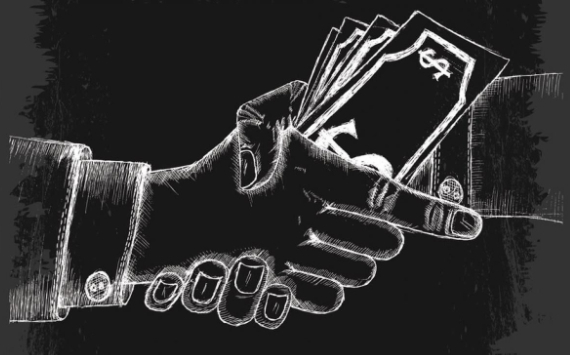
International Anti-Corruption Day is observed annually on December 9 to raise awareness about corruption and promote measures to combat it. This global observance highlights the damaging effects of corruption on society, undermining democracy, justice, and development. It also emphasizes the importance of transparency, accountability, and ethical governance in building fair and sustainable communities.
About the holiday
Brief History
Corruption has been around for as long as history can remember. The earliest records of anti-corruption texts can be found in the Code of Hammurabi from Babylonia, the Great Edict of Horemheb from Egypt, and Arthashastra from India. These texts addressed the issue of bribery among government officials and the law.
The concept of public interest and welfare began to gain prominence in Western society in the 19th century, and more attention was paid to the growing corruption in professional services, such as the bureaucracy. Corruption was no longer seen as a mere undesirable practice but a practice that was causing significant harm to society.
Today, Transparency International is one of the most well-known organizations dedicated to combating corruption worldwide. It was founded by Peter Eigen, a World Bank official who witnessed the negative impact of corruption in East Africa and decided to create a non-profit organization to shed light on the issue. The organization was established in Berlin in 1993.
Transparency International hosts the International Anti-Corruption Conference every two years, bringing together civil society, government officials, non-profit organizations, and political leaders to discuss specific, cross-cutting challenges posed by corruption. The first virtual conference was held in 2020, and it is available for viewing online.
Transparency International also developed the Corruption Perception Index in 1995 to measure corruption across sectors and practices in various countries and compare their rankings. The index now collects data from 180 countries. Other organizations, such as the World Bank, also collect corruption data through their Worldwide Governance Indicators.
How It’s Celebrate
On International Anti-Corruption Day, governments, organizations, and activists worldwide organize events such as conferences, campaigns, and public discussions. Educational programs highlight the dangers of corruption and advocate for stronger anti-corruption laws. Social media is often used to spread awareness through hashtags like #AntiCorruptionDay. Citizens are encouraged to reflect on their role in fostering transparency and report any unethical practices they encounter.
 International Anti-Corruption Day
International Anti-Corruption Day
Interesting Facts
- Global Economic Loss: Corruption siphons off approximately $2.6 trillion annually from the global economy, a staggering figure that highlights its detrimental impact on development.
- UNCAC: The United Nations Convention Against Corruption (UNCAC) is the only binding international treaty aimed at combating corruption, with 189 countries having committed to its implementation.
- Impact on Vulnerable Groups: Corruption often hits the most disadvantaged hardest, worsening poverty and inequality, making it harder for marginalized communities to access basic services and opportunities.
- Importance of Whistleblowers: Effective whistleblower protection laws are essential for exposing corruption, yet many nations still lack sufficient legal frameworks to shield these courageous individuals from retaliation.
- Technology's Role: The rise of digital technologies is transforming the fight against corruption, making it easier to track financial flows, increase government transparency, and limit opportunities for corrupt practices.
Were born on 9 December
On International Anti-Corruption Day, let’s unite against corruption and strive for a fairer, more transparent world. Together, we can uphold integrity, promote justice, and foster trust in our systems. Every action matters—stand up for accountability and be a force for positive change!










